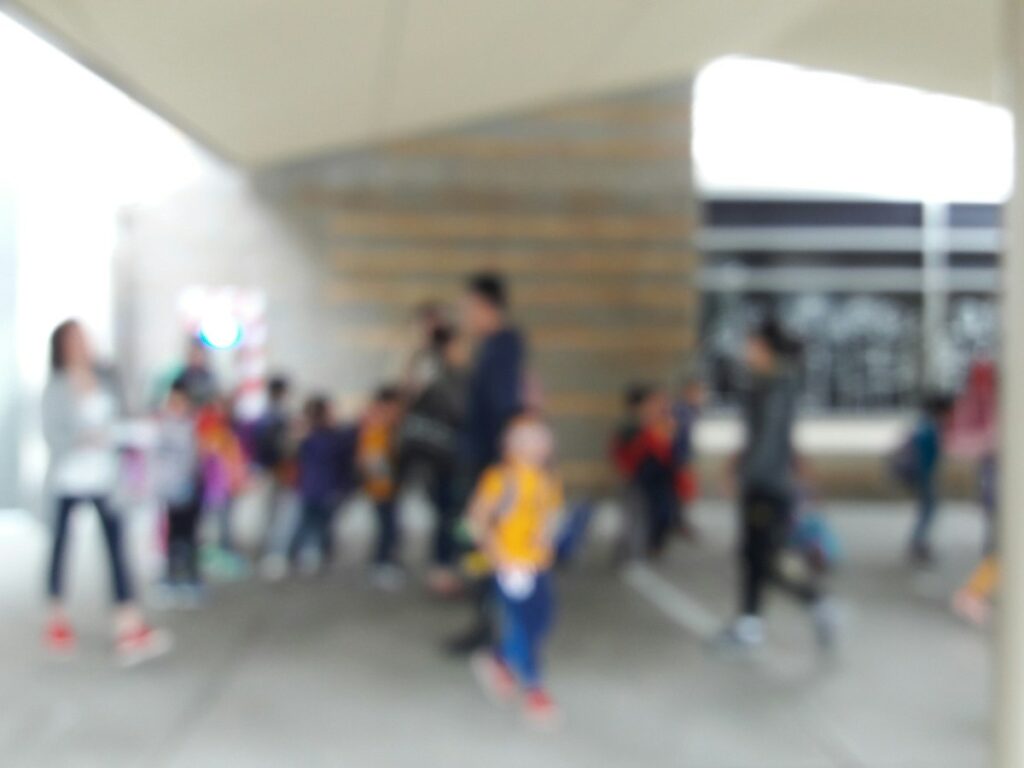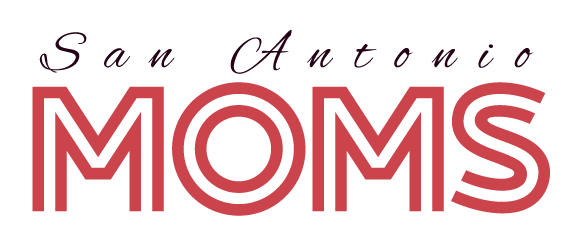Your Easy Guide to Top Schools & Resources

When parents in San Antonio face the task of choosing the right school for their children, they’re confronted with a variety of options and considerations. Public schools, private institutions, and special programs all offer different benefits and challenges. It’s essential for parents to assess not just the academic quality of a school but also how well it matches their child’s needs and interests. This can include looking into extracurricular activities, teaching philosophies, and the overall school culture.
As they navigate through San Antonio’s school system, parents often seek out resources that can help them make informed decisions. Understanding the nuances between school districts, the availability of after-school programs, and the role of technology in education can be overwhelming. However, with the right guide, parents can learn how to spot the best activities and ask the relevant questions that most directly impact their child’s learning experience.
To make this journey a little less daunting, thorough research and community insights play a crucial role. Whether it’s exploring the San Antonio Area School Guide or tapping into Parent Curriculum Resources provided by the San Antonio Independent School District, there’s an abundance of information available. These resources equip parents with the knowledge needed to choose a learning environment where their child can thrive.
Understanding the San Antonio Educational Landscape
San Antonio’s educational system offers a variety of school types to cater to different student needs and aspirations. Identifying high-quality institutions is vital for parents who want the best for their child’s education.
Overview of School Types
Public Schools: These schools are funded by local taxes and are free to attend. They include traditional public schools, which are governed by school districts, and open enrollment charter schools, which don’t require an entrance exam and may use a lottery system for student selection when applications exceed available seats.
Private Schools: Privately funded and offering diverse educational philosophies, private schools often have selective admissions and charge tuition.
Magnet Schools & Programs: These public schools specialize in specific areas, such as STEM, arts, or languages, drawing a diverse student body with specialized curricula.
Identifying Quality Institutions
When assessing a school’s quality, parents often look at:
- Academic Performance: Test scores and graduation rates provide insights into a school’s academic standards. For instance, North East Independent School District (NEISD) is recognized for its academic excellence.
- Educational Programs: Schools offering a range of programs may provide a more well-rounded education. This includes advanced placement courses, athletics, and arts.
- Community and Culture: Schools that foster strong community ties and focus on inclusivity may offer a more supportive environment for students.
- Resources: Quality institutions often have modern facilities, access to technology, and enrichment opportunities outside the classroom.
Early Learning Opportunities
Finding the right head start for a child’s education involves more than a Google search. In San Antonio, parents have access to a variety of supportive and flexible early childhood programs. Whether a child has special educational needs or is ready to jump into a structured learning environment, there is a solution to suit each family’s needs.
Evaluating Early Childhood Programs
Before enrolling their little ones, parents should closely examine the curriculum and pedagogy of available early childhood programs. Details about classroom sizes, the qualifications of educators, and the range of educational activities are crucial indicators of program quality. For example, Pre-K 4 SA is locally acclaimed, offering enrollment to 3-year-olds and emphasizing accessibility with free pre-kindergarten for families making under a certain income. The quality of an early childhood program can set the foundation for a child’s academic future.
- Curriculum Focus: Look for programs that emphasize literacy and numeracy, as well as social and emotional development.
- Teacher Credentials: Ensure that teachers are well-qualified with a background in early childhood education.
- Student-to-Teacher Ratio: Smaller classes often mean more personalized attention for each child.
Support for Special Educational Needs
Children with special needs, such as those with Down syndrome, require targeted support services and inclusive environments. San Antonio offers special education resources that adapt to the varied learning styles and needs of each child. It is imperative for parents to investigate how a school addresses special needs like developmental delays or learning disabilities.
- Individualized Education Plans (IEPs): Schools should offer customized plans that cater to a child’s specific challenges and strengths.
- Therapeutic Services: Some schools integrate speech, occupational, or physical therapy within their daily schedule.
- Inclusivity: An accepting environment is pivotal for the growth and development of children with special educational needs.
Financial and Supportive Resources
When it comes to navigating San Antonio’s school system, parents can access a variety of financial and supportive resources. These offerings help ensure that every student has the opportunity to pursue an education, regardless of their economic background.
Scholarship Opportunities
San Antonio’s students have quite a few scholarship options. Organizations and programs within the city pitch in to lift some of the financial burdens. For instance, some charter schools, which are open to all students without an entrance exam, may offer scholarships to support extra-curricular activities or specialized programs. It’s wise for families to investigate each charter school’s financial aid opportunities to potentially lessen the strain on their wallets.
Community and Government Support
There’s a strong network of community and government support available to San Antonio families. Local nonprofits, like City Education Partners, work to enhance educational experiences and can be a go-to for information on different types of support services, including those at over 600 campuses across the city. Recently, the San Antonio Independent School District received approval for a $1.3 billion bond package dedicated to upgrading facilities, which is a significant move towards bettering the educational landscape. Moreover, financial assistance for school-related expenses and programs may also be available through other government initiatives. Parents should keep a tab on the latest offerings to make the most out of these resources.
Preparing for the Future
San Antonio’s educational landscape offers an array of opportunities designed to prepare students for their journey ahead. With a focus on developing well-rounded individuals, the school system integrates various extracurricular and enrichment programs tailored to expanding student capabilities beyond academic achievements.
Extracurricular and Enrichment Programs
Students throughout San Antonio have the chance to engage in a diverse selection of extracurricular activities which complement their academic experience. These programs range from STEM initiatives to fine arts and are essential for fostering critical thinking, teamwork, and innovation among students. Significantly, public charter schools in the area provide a broad spectrum of programs, with some focusing on college prep, highlighting the commitment to student advancement and post-secondary success. More autonomy allows these schools to cater to specific student interests, potentially giving students a competitive edge in their future endeavors.
In the realm of educational options in Texas, there is a marked emphasis on enabling students to pursue their passions through extracurricular activities. It’s worth noting that San Antonio boasts over 700 public charter schools, each providing specialized programs geared toward areas such as STEM education, which can be beneficial for students looking to thrive in a rapidly evolving job market.
Transition Strategies for Students
For students advancing to new academic stages, San Antonio schools have systems in place to ensure a seamless transition. Proactive strategies include structured orientation sessions, peer mentorship programs, and guidance counseling, which collectively support students in adapting to new environments. Such measures are imperative for student confidence and academic continuity.
Northside Independent School District, for instance, has an innovative approach with its career-focused high school, CAST Teach, focusing on preparing future educators within the Centers for Applied Science and Technology network. This highlights the local effort to enhance student readiness for professional paths and underscores the importance of practical training in education.
By maintaining a comprehensive system that addresses both the present educational needs and future aspirations, San Antonio’s approach to preparing students is integrative and future-forward.
Engaging with the Community
When parents tap into the community surrounding San Antonio’s schools, they unlock valuable insights and resources that can guide them in choosing the best educational path for their children. They capitalize on sharing experiences and gaining advice through active participation and dialogue with other community members.
Leveraging Social Media and Local Forums
Parents can join the conversation on social media platforms like Facebook, Twitter, and Instagram to connect with fellow caregivers and educators in the San Antonio area. They should look for groups or hashtags related to San Antonio schools to find discussions and posts from other local parents. These online spaces offer a pulse on public opinion about various schools and programs.
- Facebook Groups: Dedicated to San Antonio parents, these groups can feature questions, polls, and updates about school events.
- Twitter Hashtags: Allows parents to follow and contribute to live conversations about San Antonio’s educational landscape.
Collaboration with Local Entities
Parents can also collaborate with local organizations and education partners, who might offer workshops, meetings, and forums to discuss school choices and other educational matters. By attending meetings held by the San Antonio Independent School District, they can provide direct feedback and learn about the future of closed schools and repurposing efforts.
- Community Meetings: Parents should attend these to hear about the district’s plans and express their concerns or support.
- Educational Nonprofits: Entities like City Education Partners play a vital role in enhancing educational quality by supporting engaged and equipped caregivers.
Navigating Challenges in Education
As parents start to navigate San Antonio’s school system, understanding how to address student concerns and the impact of law enforcement and transportation is crucial for their child’s success and well-being.
Addressing Common Student Concerns
Students often face various challenges that can impact their educational experience. Anxiety is a prevalent issue, and it’s important that schools provide resources and support to help students manage it. Effective coping strategies and a supportive school environment can be instrumental in helping students thrive.
The Role of Law Enforcement and Transportation in Schools
Law enforcement officers in schools, commonly known as School Resource Officers (SROs), have a significant role in ensuring safety. These officers aim to build a rapport with students and staff, contributing to a secure environment. It’s also important to consider the transportation options available; convenient and safe transport is vital for students’ punctuality and attendance. The San Antonio ISD website may offer further information on transportation services provided by the district.



